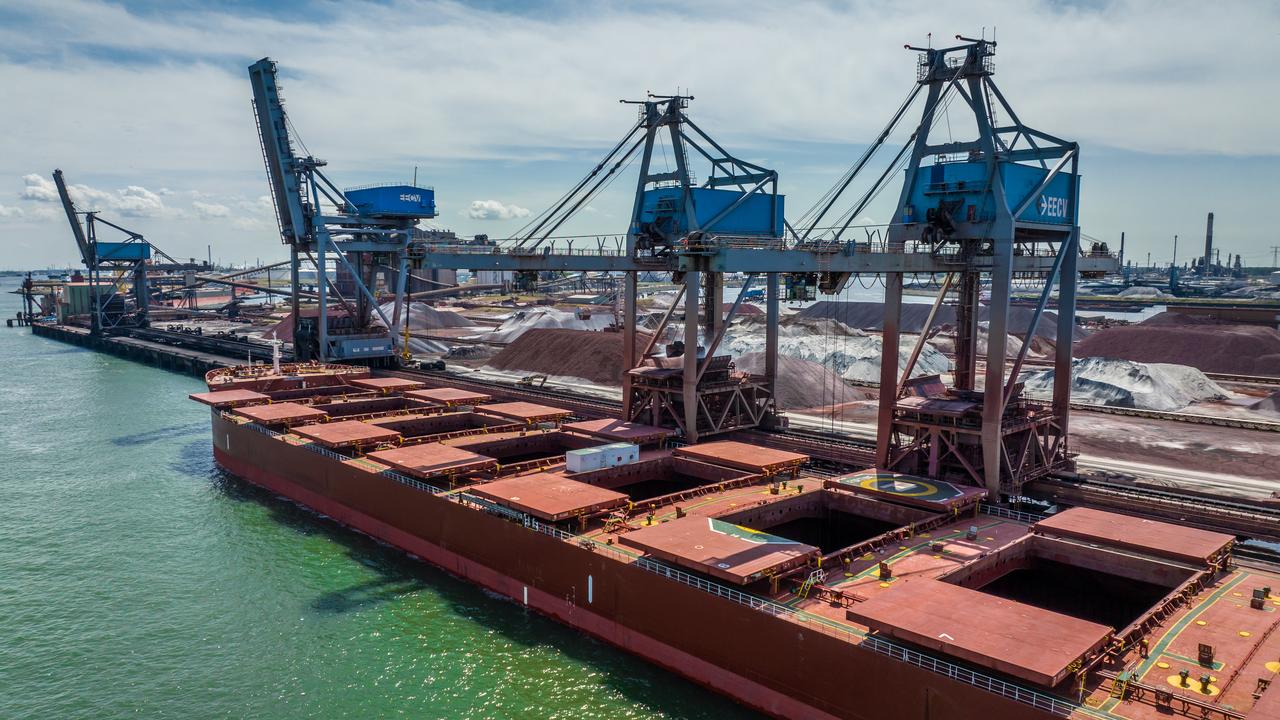So far this year, much less coal has been moved through the port of Rotterdam than during the same period in 2022. Russian oil supplies have also been much smaller.
Coal transshipments fell by 16.8 percent in the first nine months of this year compared to the previous year, the port director of Rotterdam said.
Last year, productivity rose sharply, because power plants burned more coal to replace expensive gas.
The price of gas has now fallen again, meaning that less coal is now needed. The expansion of the number of solar panels and wind farms also ensures that fewer fossil energy sources are used.
Russian oil supplies have also faltered. This is due to the ban on importing Russian crude oil and petroleum products such as diesel and fuel oil. This ban was imposed after the Russian invasion of Ukraine.
On the other hand, more liquefied natural gas was made available. This liquefied natural gas is an important alternative to Russian natural gas, which rarely flows to Western Europe anymore.
The port suffers from faltering global trade
The Port of Rotterdam, the largest in Europe, also notes that the global economy is in recession. As a result, the port was forced to handle 6 percent less cargo in the first nine months of this year than in the same period last year.
“This is the direct result of the limited growth of the global economy and geopolitical tensions, which are causing a decline in global trade volumes and a decline in industrial production,” the Port of Rotterdam said in an explanation.

“Lifelong zombie fanatic. Hardcore web practitioner. Thinker. Music expert. Unapologetic pop culture scholar.”








